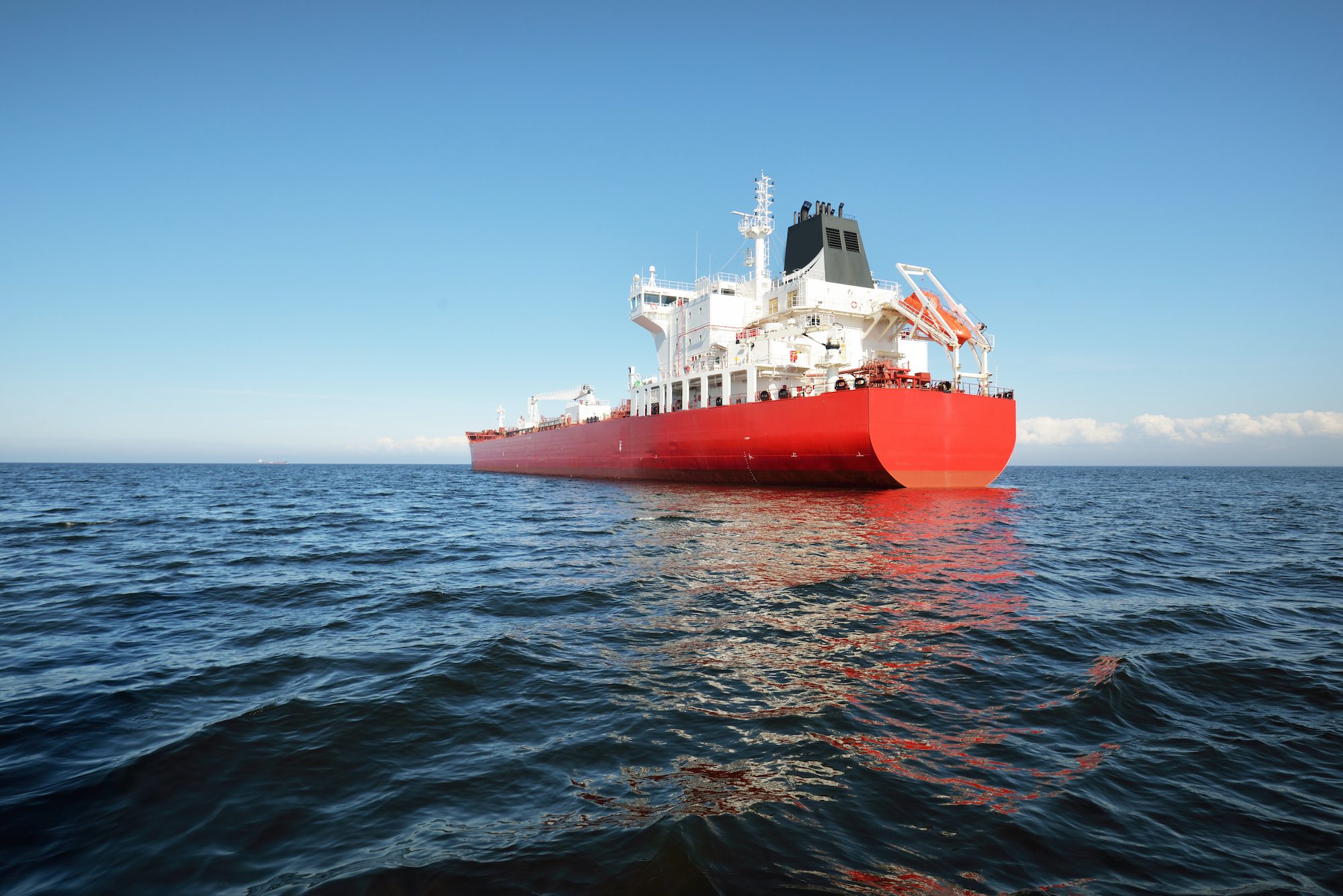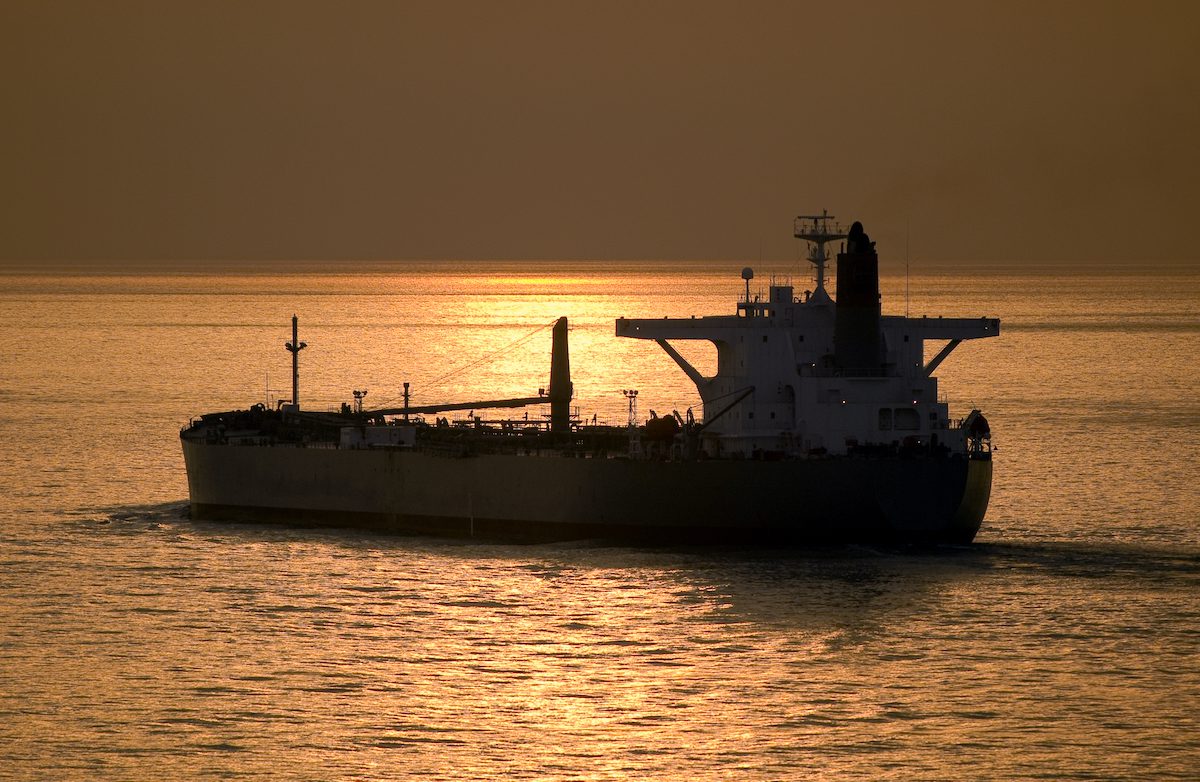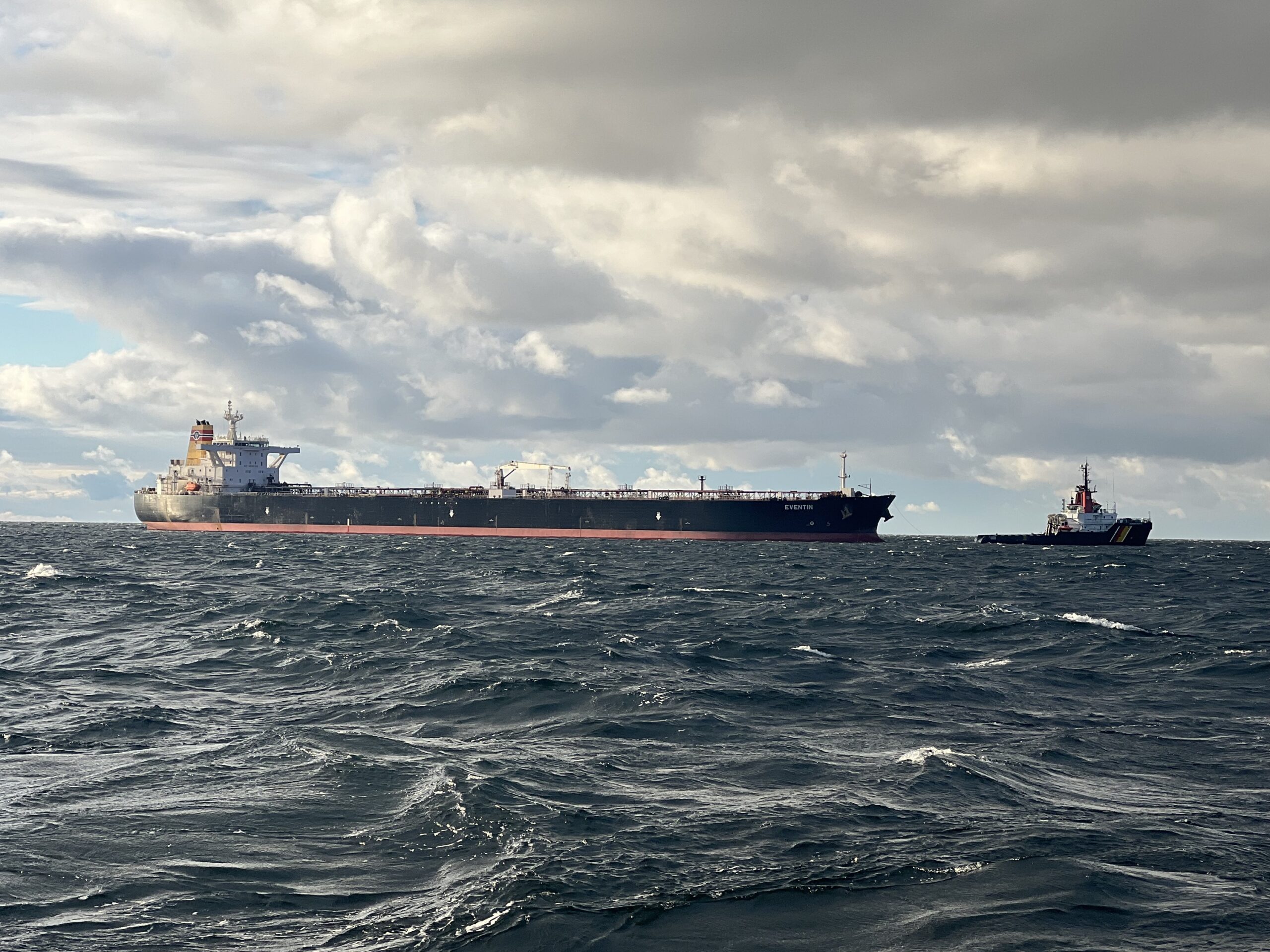(Reuters) – A European Union ban on Russian refined petroleum products including diesel and fuel oil will take effect on Feb. 5 in an effort to curb Moscow’s revenues from energy exports.
The measure follows an earlier EU embargo on Russian seaborne crude in which the bloc, the Group of Seven (G7) wealthy countries and Australia set a crude price cap at $60 per barrel from Dec. 5.
The coalition aims to punish Russia over its invasion of Ukraine almost a year ago by depriving it of revenue from its oil and products exports.
Envisioned as a safety valve from the EU ban, which covers insuring and shipping Russian oil and therefore risks snarling up the entire global trade, the price cap mechanisms would allow such services provided they occur below an enforced low price.
Below are the main elements of how the embargo on Russian refined products is supposed to work:
PRICE CAP
The level of price cap for Russian oil products has yet to be determined, but the European Commission suggested a $100 a barrel ceiling on Russian diesel, which trades at a premium to crude, and a $45 a barrel cap on discounted products such as fuel oil.
Applying the price ceiling is likely to be complicated by the variety and quality of oil products targeted and will therefore be more intricate than the Dec. 5 crude price cap.
WHAT IS PROHIBITED
The ban bars EU vessels from carrying Russian-origin petroleum products. The provision also applies to companies that provide technical, brokering or financial assistance such as insurance for cargoes carrying Russian refined products.
WHAT IS ALLOWED
The ban will not apply if the petroleum products are purchased at or below the oil price cap agreed by the EU.
PENALTIES
If a vessel sailing under the flag of a third party intentionally carries Russian oil above the price cap, EU operators will be prohibited from insuring, financing and servicing this vessel for 90 days after the cargo has been unloaded.
EU flagged vessels will be subject to penalties according to national legislation, but the EU is already working on a penalty of 5% of global turnover for companies that break EU sanctions.
(Reporting by Swati Verma; editing by Barbara Lewis)
(c) Copyright Thomson Reuters 2023.
Editorial Standards · Corrections · About gCaptain
This article contains reporting from Reuters, published under license.

 Join The Club
Join The Club












